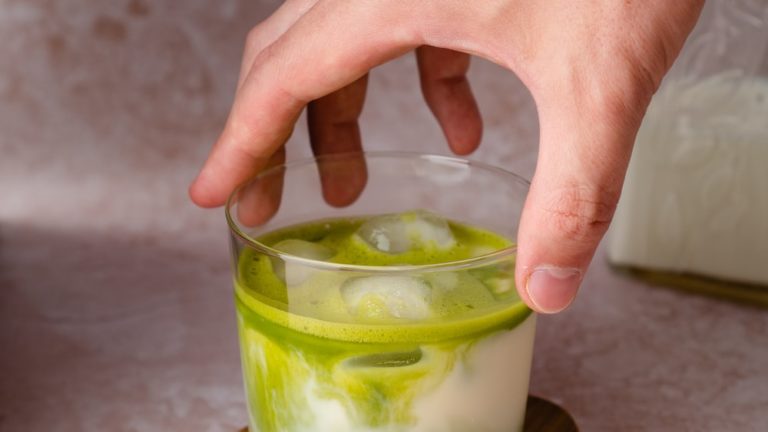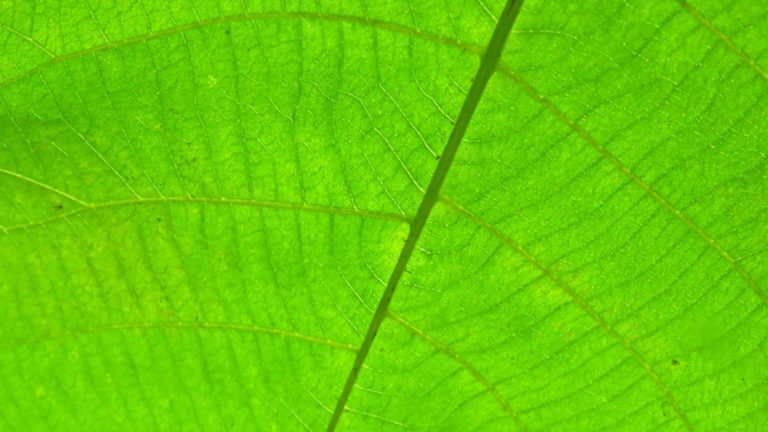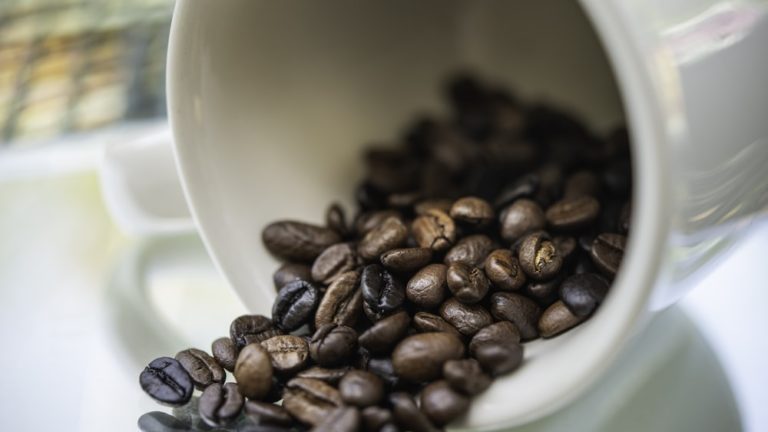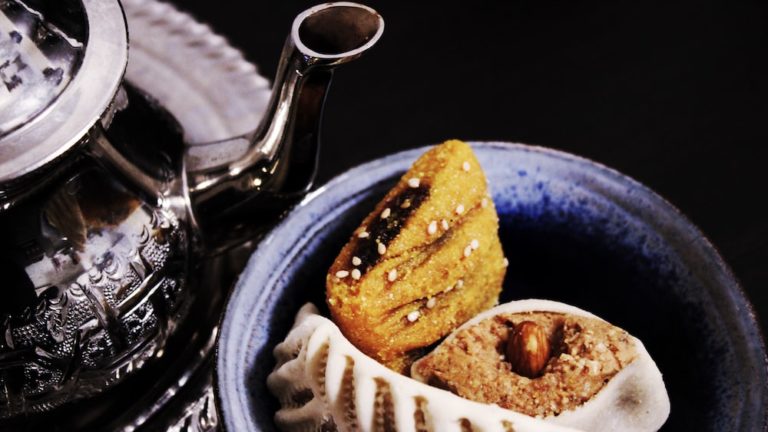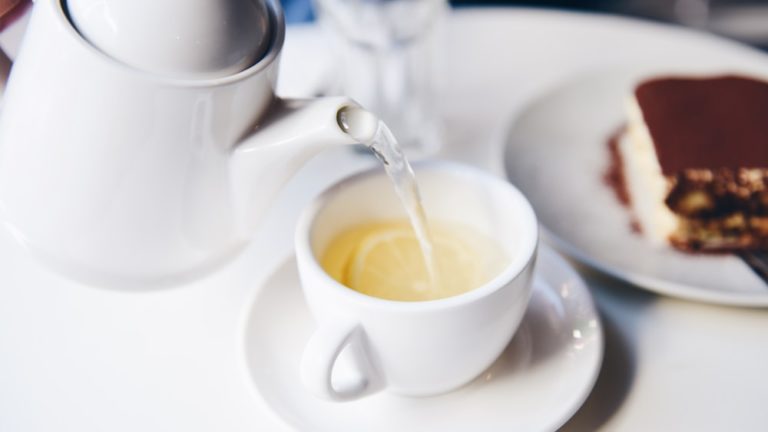9 Surprising Health Benefits Of Nettle Tea You Need To Know
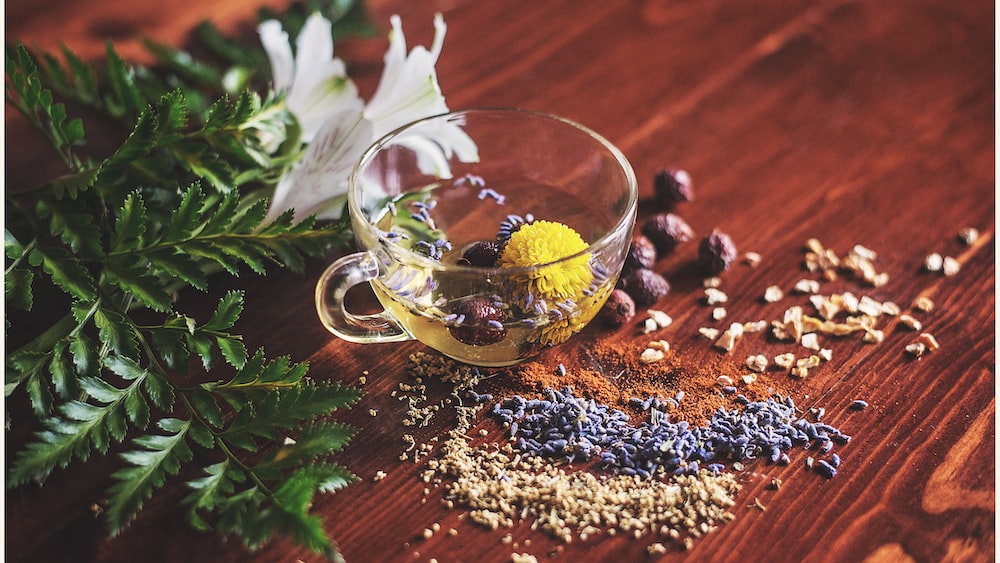
9 Surprising Health Benefits Of Nettle Tea You Need To Know
Hi there tea lovers and wellness enthusiasts alike! Buckle up because we’re about to embark on a magical journey to the world of nettle tea, a hidden gem in the realm of herbal teas. Ever find yourself wishing for a drink that is packed with nutrients, provides exceptional health benefits, yet tastes divine? Well, pinch yourself because you’re not dreaming! Nettle tea is all these things and more; it’s like Hogwarts in a cup.
Before we dive into the magical world of nettle tea, let me debunk the notion that nettles are just pesky weeds. Yes, they do have a knack for growing where they’re least wanted (where don’t they grow?), but hey, underneath that prickly disposition lies a treasure trove of immense nutritional wealth and therapeutic benefits.
In this article, we’re going to peel away the stinging nettle‘s mask of irony (quite literally). We’ll delve into its nutritional profile, uncover its surprising health benefits, explain how to safely make your own delicious brew, and even play nettle tea myth-busters. Ready to unravel the mysteries of the stinging nettle? Let’s get started!
Understanding Nettle Tea
First things first, let’s get to know this herbal powerhouse more intimately. But watch out for the prickles, they may seem intimidating, but I promise, it’s just the nettle’s way of playing hard to get.
What is Nettle Tea?
Ah, what indeed is nettle tea? It’s akin to Batman: a misunderstood hero lurking in the shadows (okay, shrubs), waiting for a chance to prove its worth. It’s an herbal tea brewed from the leaves of the nettle plant, a green herb recognized by its heart-shaped leaves and rebellious thorns.
Nettles are part of the Urticaceae family (they didn’t choose the thug life, it chose them). There are several species of nettles, but the one we’re obsessing over today is the “stinging nettle,” scientifically known as Urtica dioica.
Don’t be fooled by the defensive stinging hairs, nettles are safe and super beneficial when properly prepared. Who knew rebellion could taste so good and do wonders for your health? It’s like the punk rocker of herbal teas.
Nettle tea, the misunderstood hero of herbal teas, is brewed from the leaves of the nettle plant and offers numerous health benefits despite its defensive stinging hairs.
How is Nettle Tea Made?
Fun fact: nettles love to play ‘hard to get’, their natural defense mechanism (those pesky stingers) protects them from predators. Fortunately, we’ve become quite adept at taming this wild nature.
First off, the raw nettle leaves are carefully harvested, typically with gloves and a little bit of respect for their prickly personality. Younger leaves are preferred since they have a milder flavor and supposedly hold more nutrients. The thorny exterior is nothing more than a front; nettles are really just softies at heart.
Once harvested, the stinging nettle leaves undergo a thorough rinse, and yes, they’re still playing hard to get at this point. The next step is to blanch the leaves, a process that subdues the plant’s stinging constituents once and for all. The leaves are then dried, crushed into a more malleable form, and voila! You have the makings of a delicious and therapeutic nettle tea.
The Nutritional Profile of Nettle Tea
The extra fuss that comes with making nettle tea is well worth it. You see, this rebellious tea is a nutritional rock star, doing guitar solos in the world of wellness. I mean, How does it manage to pack in such a nutritional punch?
Key Nutrients in Nettle Tea
It seems like nettle tea swallowed a nutritional thesaurus because it’s just brimming with beneficial nutrients. It’s a rich source of vitamins A, C, K, as well as several B vitamins. Can you believe all that goodness is squeezed into one tea? Carry on through the rabbit hole, because there’s more.
Nettle tea also boasts an impressive array of minerals including calcium, iron, magnesium, phosphorus, potassium, and sodium, making it an essential herbal brew for your wellness routine. But wait for it folks, this punk-rock plant also treats us with protein and fiber.
Its extensive nutrient profile probably has you wide-eyed right now. But you wonder, why are the antioxidants, specifically the polyphenols, in nettle tea making such a splash in the town of TeaVille? Let’s find out.
The Role of Polyphenols in Nettle Tea
The polyphenols in nettle tea are not just another member of the nutrient band; they’re the lead vocalist! Polyphenols are antioxidants that promote good health by scavenging harmful free radicals in our bodies.
Studies show that these snazzy compounds can help reduce inflammation and even fight against chronic diseases such as cancer, heart disease, and type 2 diabetes. Now that’s something to raise your teacup to! Would you ever have thought that a stinging weed could usher in such health benefits?
The 9 Surprising Health Benefits of Nettle Tea
Four words: Nettle tea is astonishing. Why? Because its health benefits go beyond the ordinary. Buckle up as we navigate the wonders nestling in that cup of nettle tea.

1. Promotes Urinary Tract Health
You see, nettle tea is not one to shy away from issues that can seem, well, a little uncomfortable to talk about. Urinary tract health, we’re looking at you. Medicine may have a range of complicated names for it, but we’ll stick to calling it the urinary ‘ow-ow’ instead.
Dating as far back as ancient Greece, nettle leaves have been used as a diuretic – a substance that encourages urination. Why is this important, you ask? Frequent urination can help flush out bacteria and prevent urinary tract infections (UTIs).
Nifty nettle also assists in decreasing inflammation and reducing the symptoms of benign prostatic hyperplasia (BPH), a condition characterized by an enlarged prostate that triggers troublesome urinary symptoms. Really, could this plant get any cooler?
2. Provides Arthritis and Pain Relief
Raise your tea cup if your body aches. Now hold that thought because guess what? Nettle tea might just be the herbal painkiller you didn’t know you needed.
The Journal of Rheumatology published a study indicating that the external application of nettles could alleviate pain associated with osteoarthritis. As for the tea itself, it’s believed to potentially help in reducing inflammation and combating arthritis pain. Now, isn’t that a comforting sip of information?
But let’s not be hasty and replace all the painkillers in your cupboard just yet. Remember to always consult your doctor when introducing new remedies into your health routine. Keep enjoying your daily brew of nettle tea though; it’s like a bit of free healthcare in a cup!
3. Aids in Blood Sugar Management
Are you having a hard time clutching control from the sugary claws of diabetes or burning sensation of high blood glucose levels? If so, here’s your secret weapon: nettle leaf tea: is it good for you? You might be asking. Take a sip and I guarantee it will answer your question with a resounding “Yes!”.
According to studies, drinking nettle tea can help manage blood sugar levels. This green savior, rich in polyphenols, unleashes its forces, causing positive effects on blood sugar management, and ensuring that nasty diabetes is held firmly at bay.
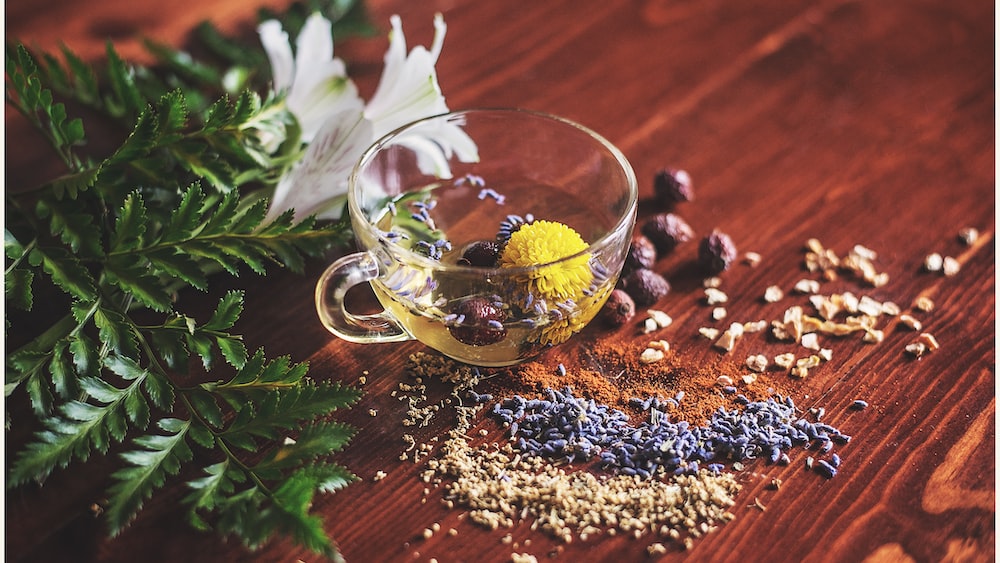
Drinking nettle leaf tea can help manage blood sugar levels, making it a secret weapon against diabetes.
4. May Reduce Inflammation
Perhaps you’re wondering, “How can this humble leaf tea play a role in reducing inflammation?” Isn’t that the job of some high-tech lab concoction?
Well, surprise! Nettle tea packs a punch with potent anti-inflammatory properties. Picture the nettle plant, standing tall in your tea cup, ready to combat inflammatory monsters like arthritis or autoimmune disorders.
5. Treats Enlarged Prostate Symptoms
Imagine, if you will, an army of nettle plants staging a quiet revolution against the unruly, discomforting symptoms of an enlarged prostate.
- Bloating
- Pain during urination
- Lower urinary tract symptoms
Let’s delve a little deeper into the science behind it all. The nettle’s line of defense here lies in its potential to inhibit the hormone responsible for prostate growth! Ah, the power of plants!
Moreover, studies have highlighted that nettle tea can barge in and improve these symptoms, substantially. So, if you’re tired of those nightly trips to the bathroom, maybe ask for help from a cup of nettle tea.
6. Helps Treat Hay Fever
Hay fever sneaked up on you again? Nose as runny as a sprinter in the Olympics? Eyes feeling like they’ve been used for a chili powder experiment? Nettle tea to the rescue!
Research shows that this leafy hero may help treat hay fever by reducing inflammation caused by allergic rhinitis. Picture this: nettle leaf tea, your loyal bodyguard, warding off sneaky allergens and giving them a proper boot. Not just a temporary hiatus but histamine production can also be inhibited after you drink this brew, reducing your allergy symptoms in the long haul.
7. Potential to Lower Blood Pressure
High blood pressure, the silent killer, might just meet its match in a nettle-infused cup of warmth. According to research, nettle tea has the potential to lower blood pressure due to its rich store of potassium.
Just like the confident whistle of a tea kettle, high blood pressure often goes unnoticed till it’s too loud to ignore. But with nettle tea, you’ve got a surprise (and pleasingly natural) weapon in your arsenal.
8. May Inhibit Growth of Certain Cancer Cells
Stepping into the world of oncology, researchers have recently stumbled upon a promising finding: nettle tea may reduce cancer cell growth.
Here’s the rub: this humble cuppa is ready to start its own game of cellular Whac-A-Mole, targeting the growth of certain cancer cells. So, when it comes to health, maybe we should all start listening to the whisper of the nettle leaves a little more.

9. Provides Essential Nutrients
If nettle tea were a superhero, providing essential nutrients would be its superpower. From every sip of this leaf tea, you derive a boost of minerals like iron, calcium, and magnesium that your body appreciates. Trust me, it’s like drinking a nutrient-rich cocktail that tastes good and is good for you.
How to Make Your Own Nettle Tea
Now that you’re aboard the nettle tea train, why not learn to be the conductor? Making your own nettle tea is simpler than you’d imagine and comes with the official tea-rrific seal of satisfaction.
Steps to Prepare Nettle Tea at Home
Let’s transform your kitchen into a mini tea brewery. Here’s the deal:
- Grab a handful of fresh nettle leaves. (You can also use dried nettle leaves, just reduce the amount.)
- Rinse the leaves in cold water.
- Add the leaves to a pot of boiling water.
- Let them simmer for 10-15 minutes.
- Strain the tea into your favorite mug.
- Sip the warm nettle tea, and savor the moment of self-made success!
Tips for the Best Nettle Tea
While brewing, remember, patience is a virtue and great tea is its reward. Allow the nettle leaves enough time to steep and release their nutrient-rich magic into the water. Choose fresh, green leaves whenever possible for the purest taste, but don’t shy away from dried ones in the absence of fresh. And finally, nettle tea has a delicate flavor, so restrain from overpowering it with other herbs or flavors. Stick to its pure, earthy simplicity.
Allowing the nettle leaves to steep patiently will reward you with the nutrient-rich magic of great tea, so choose fresh leaves whenever possible and avoid overpowering the delicate flavor with other herbs or flavors.
Potential Side Effects and Warnings
The humble nettle serves up a beneficial brew, but balancing your tea affair with a dose of mindfulness is key. We are about to prance down the less illuminated path and discover what lurks in those shadowy corners. A fair warning, my dear tea enthusiast, no tea, not even the mighty nettle is entirely without a few rough edges.
Common Side Effects of Nettle Tea
Much like swallowing a particularly spiky cactus, there can be a prickly side to the nettle tea experience. Sure, it’s loaded with antioxidants and offers a treasure trove of health benefits. But, reckon with the odd chance of mild gastrointestinal issues, sweatgates opening without warning, or most ironic of all, a rash that’s no less bothersome than a jaguar in your jacuzzi.
However, these instances are about as rare as a perfectly symmetrical snowflake. The majority of us sipping this verdant concoction find it a remarkably smooth sail. Yet, if your body reacts like a zombie at the sight of garlic, it might be an allergic response, so it’s worth keeping an eye on.
Who Should Avoid Nettle Tea?
Much like a pirate’s eye-patch or a violin at a techno concert, some things just don’t blend in too well. Here’s looking at you, expecting ladies and nursing moms! The evidence on its safety, in your case, is as porous as Swiss cheese.
Also, if you’re the star in a melodrama with any blood disorders or blood-thinning medications, avoid sipping nettle tea lest you stir the plot in a direction not quite to your taste. Quite simply, nettle might turn your body’s drama into a full-on soap opera.
FAQs
1. Can I drink nettle tea every day?
You can certainly make nettle tea a daily ritual, echoing the cozy comfort of a favorite blanket or chair. However, keep an eye, possibly two, on how your body responds. Remember, moderation is the flamboyant leader of the health bandwagon.
2. Is nettle tea safe for everyone?
Nettle tea, like a harmoniously crafted symphony, is usually safe for most of our ensemble, but there are always exceptions. Persons waltzing through specific health circumstances — I’ve sneaked a peek above — might want to opt for a different dance partner.
3. Can nettle tea interact with my medications?
Nettle tea can, sometimes, play pin-the-tail-on-the-donkey with certain medications. This uncommon twist usually happens with blood thinners, high blood pressure meds, and a few diabetes drugs. So, when in doubt, call in the opinion of your doc – it’s a move well-played.
4. Where can I buy nettle tea?
Well, if I had a penny for every place you could find nettle tea. From local health food stores to the infinite digital plane of online shopping portals – it’s well within reach, like a high-five to a basketball player.
Conclusion
We’ve journeyed together through the surprising realm of nettle tea, amplified by our shared excitement of new discoveries. From its noteworthy health benefits to the potential potholes to avoid, we’ve covered the map like a grand global expedition.
Take the wisdom gathered here and continue to explore, enjoy, and marvel over the magical world of tea. Remember, each brew offers a unique story, and let’s face it, who doesn’t love a good cuppa’?
To fellow tea-venturers, know that the teapot is always on, and a friendly chat is my favorite brew. So here’s to raising our mugs to many more shared moments in this incredibly tea-filled world. Until next time, cheers and stay curious. Your Miss Tea-verellian, Zoe.

